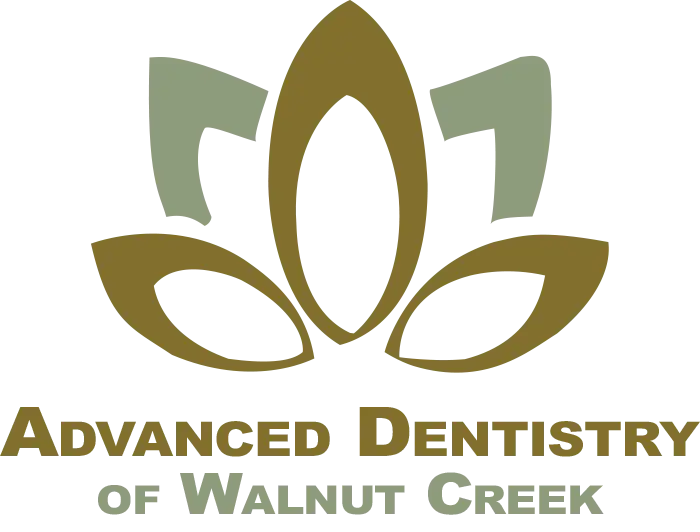![This is a thumbnail image of blog What is the Process for Getting Dental Veneers? This is a thumbnail image of blog What is the Process for Getting Dental Veneers?]()
What is the Process for Getting Dental Veneers?
Apr 28, 2022![This is a thumbnail image of blog Don’t Hold Back Your Smile In A Picture This is a thumbnail image of blog Don’t Hold Back Your Smile In A Picture]()
Don’t Hold Back Your Smile In A Picture
May 04, 2022![This is a thumbnail image of blog Welcome to Advanced Dentistry Of Walnut Creek This is a thumbnail image of blog Welcome to Advanced Dentistry Of Walnut Creek]()
Welcome to Advanced Dentistry Of Walnut Creek
May 09, 2022![This is a thumbnail image of blog Is It Better To Have an Orthodontist Apply Invisalign Aligners Than a General Dentist? This is a thumbnail image of blog Is It Better To Have an Orthodontist Apply Invisalign Aligners Than a General Dentist?]()
Is It Better To Have an Orthodontist Apply Invisalign Aligners Than a General Dentist?
Apr 28, 2022![This is a thumbnail image of blog Dental Emergency? Give Us A Call This is a thumbnail image of blog Dental Emergency? Give Us A Call]()
Dental Emergency? Give Us A Call
May 05, 2022
A General Dentist Answers Common Questions About Oral Health

A General Dentist Answers Common Questions About Oral Health
At Advanced Dentistry Of Walnut Creek, we want to see our patients once or twice a year to make sure that their teeth stay clean and healthy. During these appointments, we take the time to answer questions and have found that many people ask the same ones. That being said, here is what you should know:
Oral Health FAQ’s
What type of brushing routine should I have?
Twice per day in the morning and at night before going to bed is the standard recommendation. If you have time, it is also a good idea to carry a travel toothbrush with you and use it after eating lunch. We would like for you to use a soft toothbrush so that your gums do not become irritated while brushing. You should also use a fluoride toothpaste in order to strengthen and protect your teeth while brushing for at least two minutes. This routine is your best daily defense against developing cavities and gum disease.
How can I get rid of sensitive teeth?
Sensitive teeth can be due to an infection or erosion. If it is an infection, cavities, etc., we can treat the problem and your teeth will start to feel better. If your teeth sensitivity is due to erosion, that is a more serious problem. Once your enamel erodes away, it cannot grow back. You can use a desensitizing toothpaste that will prevent irritation, but this is a temporary solution. We often recommend that patients wear dental crowns in order to protect their sensitive teeth and to replace the enamel that has worn away. As a general dentist, we place crowns on a regular basis and would be happy to discuss this procedure with you in detail.
Why are my gums irritated and bleeding when I brush my teeth?
You may have gum disease. Red, swollen, and bleeding gums are often a sign of gum disease, and when caught early enough, we can treat the condition with a deep cleaning. During the procedure, we will remove plaque and tartar from underneath your gums so that they will no longer be irritated. As a result, your gums should return to normal health. If left untreated, this condition can lead to tooth loss so do not ignore the symptoms.
Are there risks associated with not treating a cavity?
Tooth decay (cavities) can spread if left untreated. When you deal with them early on, the decayed portion of your tooth can be removed, and your tooth restored with relative ease. If you delay, the decay can spread and create the need for a more invasive procedure, such as a root canal.
Can my broken tooth be fixed?
Yes, as a general dentist we can fix your broken tooth using a variety of dental restorations. This includes using dental veneers, dental crowns, and a bonding procedure. All of these are effective for restoring teeth that have been cracked or chipped. We can discuss the pros and cons of each option with you in detail during an exam and consultation.

Working Hours
- MONClosed
- TUE - THU8:30 am - 5:00 pm
- FRI8:30 am - 2:00 pm
- SAT - SUNClosed





comments